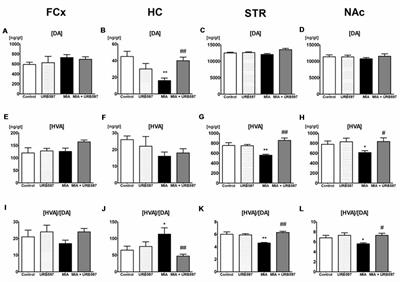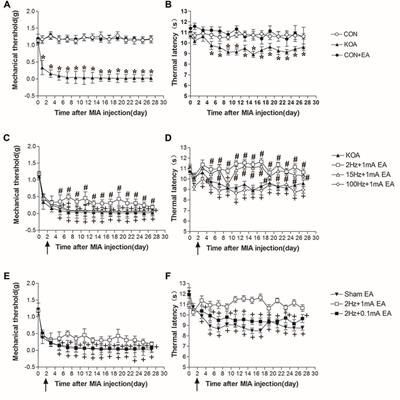REVIEW
Published on 15 Jan 2019
Cannabinoid Ligands Targeting TRP Channels

doi 10.3389/fnmol.2018.00487
- 48,498 views
- 442 citations
20k
Total downloads
119k
Total views and downloads
Select the journal/section where you want your idea to be submitted:
REVIEW
Published on 15 Jan 2019

BRIEF RESEARCH REPORT
Published on 20 Dec 2018

ORIGINAL RESEARCH
Published on 27 Nov 2018

PERSPECTIVE
Published on 20 Nov 2018

ORIGINAL RESEARCH
Published on 28 May 2018

MINI REVIEW
Published on 16 May 2018

ORIGINAL RESEARCH
Published on 06 Apr 2018

ORIGINAL RESEARCH
Published on 20 Feb 2018

